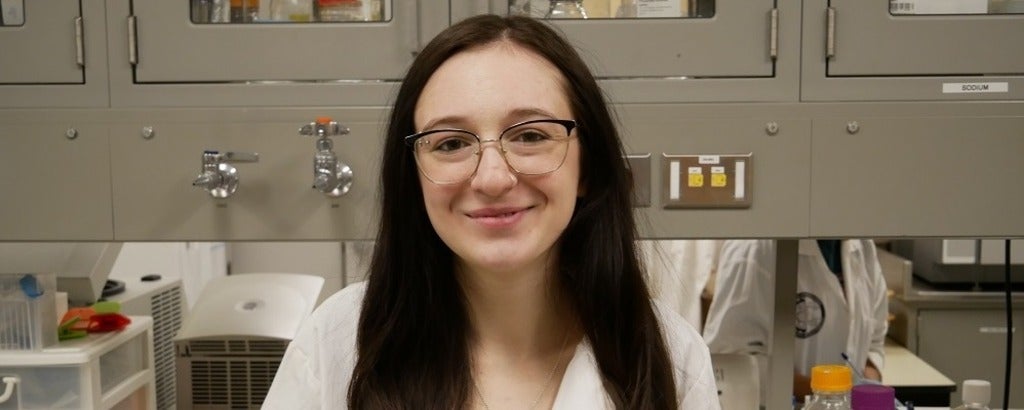Using air pollution to achieve net zero emissions
Eric Croiset, a professor in the Department of Chemical Engineering, aims to turn CO2 into sustainable aviation fuel to achieve net-zero emissions. The study proposes to upend the perception of CO2 as a harmful greenhouse gas and instead view it as a valuable new feedstock for producing green fuels.
Croiset’s research group, including PhD student Mohammadali Emadi, is exploring an innovative idea to capture CO2 gas directly from the air and turn it into sustainable aviation fuel. This idea has the potential to create a financial incentive to treat CO2 as a resource, bringing a circular carbon economy a step closer to becoming a reality.
The study combined two emerging technologies, Direct Air Capture (DAC), taking CO2 from the air and using Solid Oxide Electrolysis Cells (SOEC) to change CO2 and steam into syngas, a mixture of primarily CO and H2. Syngas can then be processed into synthetic chemicals or fuels, such as sustainable aviation fuel.









